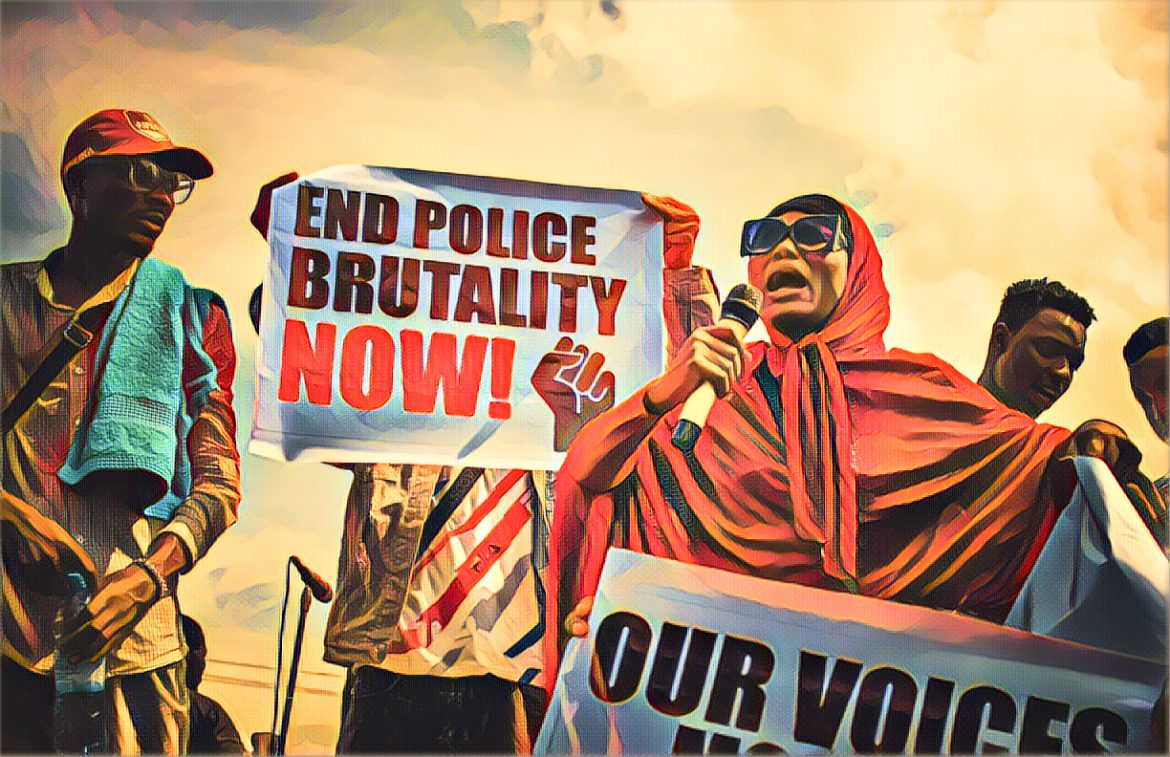In the heart of West Africa lies Nigeria, a nation celebrated for its vibrant tapestry of cultures, dialects, and historical narratives. Central to Nigeria’s identity are traditions that have endured for generations, shaping its social and political fabric.
In recent years, the rapid technological advancements of the 21st century have brought about a transformative change, especially in the realm of activism. Contemporary Nigeria witnesses an intriguing blend of time-honored activist practices with the innovations of modern technology, creating a dualistic approach that is reshaping its socio-political dynamics.
Delving into Nigeria’s past, activism has roots that stretch back to pre-colonial times. Traditional resistance strategies were largely community-driven, rallying against oppressions—be it from colonial invaders, domineering local leaders, or unjust societal norms.
Instruments of communication like the town crier were vital, echoing concerns and calls to action across communities. Village assemblies, colloquially termed “palace talks,” became hubs for strategic planning and discourse. Within these traditional frameworks, the strength of collective decision-making often prompted community-wide sanctions, ensuring accountability.
The essence of these traditional methods rested on the pillars of interpersonal connections, shared histories, and the ethical underpinnings of communal customs.
Transitioning into the digital age, Nigeria, like the rest of the world, underwent a technological metamorphosis.
The dawn of the 21st century heralded the proliferation of smartphones and the subsequent rise of social media giants like Twitter, Facebook, and Instagram.
These platforms, almost organically, evolved into powerful catalysts for activism, offering an expansive reach and speed hitherto unimaginable.
A salient example of this digital wave of activism is the #EndSARS movement of 2020. This movement, an outcry against the excesses of the Special Anti-Robbery Squad (SARS), gained exponential momentum through social media platforms. The world watched, almost in real-time, as hashtags gained global traction, international figures championed the cause, and cities worldwide stood in virtual solidarity. This digital mobilization led to concrete actions, with the Nigerian government making notable concessions, underscoring the sheer potency of technology-driven activism.
Yet, for all the advantages technology presents—reach, swiftness, and often the veil of anonymity—it sometimes falls short in replicating the cultural depth and resonance of traditional methods.
Acknowledging this, many of Nigeria’s modern-day activists have adopted a fusion approach. Campaign narratives are often rooted in indigenous storytelling, imbued with cultural nuances, and then propelled to wider audiences via digital mediums. By weaving in local dialects, age-old proverbs, and cherished narratives into digital campaigns, they ensure the message retains both its cultural authenticity and broad appeal.
However, blending tradition with technology is not devoid of challenges. The digital divide remains a tangible reality in Nigeria, with technology access not being universally equitable.
Additionally, the vastness of social media, while amplifying genuine voices, can also magnify misinformation. This poses risks of diluting core activist messages or even fostering misconceptions.
The potency of digital activism has also not gone unnoticed by authorities. Across Africa, governments, including Nigeria’s, have occasionally resorted to measures like digital surveillance, internet censorship, or outright shutdowns, attempting to stifle dissent.
Yet, within these challenges lie seeds of opportunity. The juxtaposition of traditional and tech-driven activist strategies in Nigeria indicates a promising trajectory.
The nation’s youth, often at the helm of digital activism, are also rekindling an appreciation for their cultural heritage. Their journey through the modern labyrinth sees them drawing strength from their ancestral roots, hinting at the emergence of even more nuanced, multi-faceted activist models.
These models, by their very design, promise inclusivity, ensuring diverse voices find representation.
To conclude, Nigeria’s activist landscape, with its harmonious confluence of tradition and technology, exemplifies the nation’s adaptability.
By melding practices that have withstood the test of time with the innovations of today, Nigerian activism ensures its resonances are felt across varied societal cross-sections.
This interplay between the past and present not only showcases Nigeria’s rich heritage but also illuminates a path of hope for its future.


